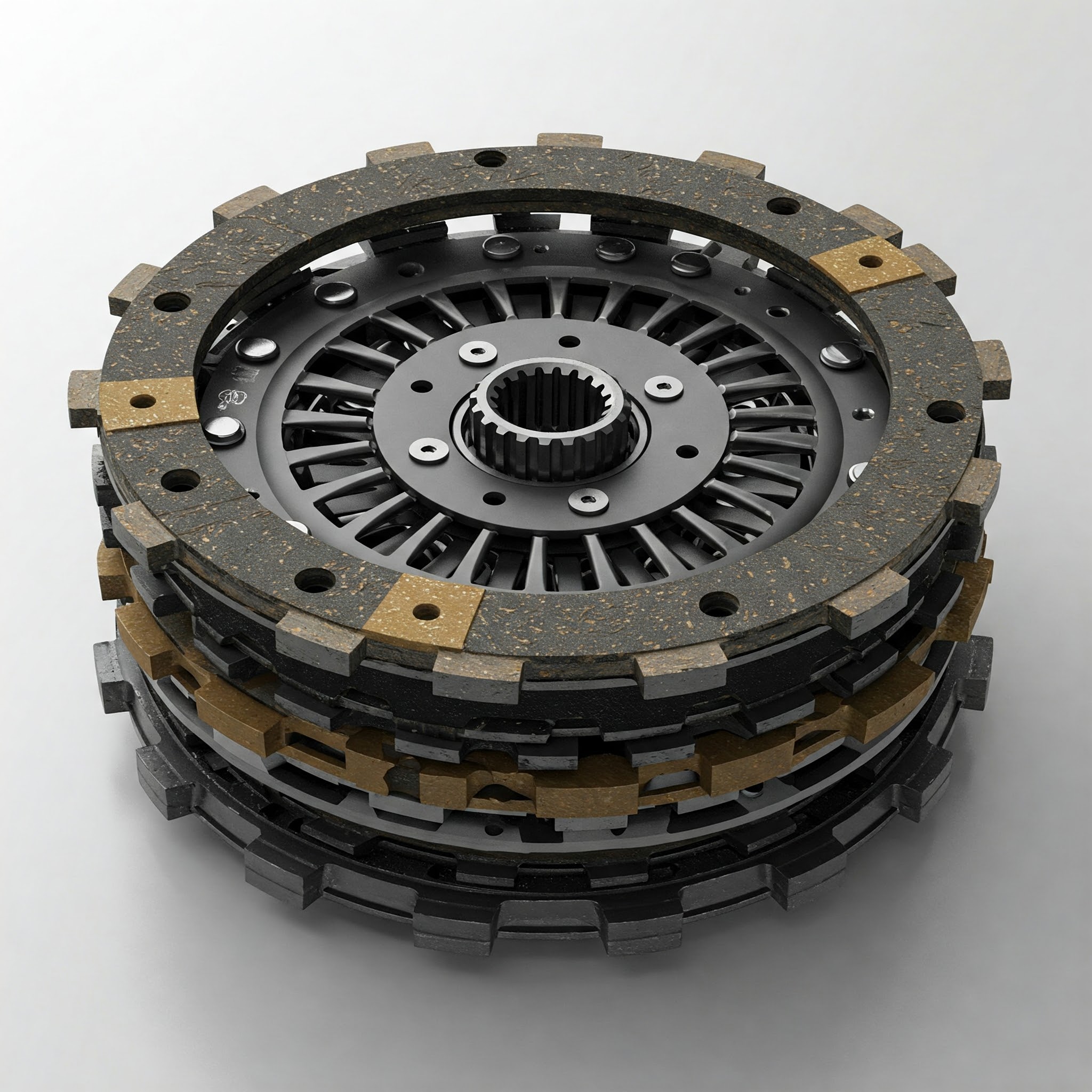Zero depreciation insurance is one of the most popular riders availed by individuals for their cars. Read this article to understand the differences between a zero depreciation insurance cover and a standard car insurance policy.

Car owners in India have the option of availing insurance for their vehicles in three forms - third-party liability insurance, standalone own damage car insurance and comprehensive car insurance. The Motor Vehicle Act of 1988 makes it mandatory for every vehicle-owner to have at least a third-party cover in place for their vehicle. Other than these insurance policies, there are various add-ons which can be opted with a standalone own damage insurance and comprehensive car insurance. An add-on is an extra cover that boosts the protection of the base plan for an extra premium. The most popular add-on is zero depreciation insurance (also known as nil depreciation or bumper to bumper car insurance).
How is Zero Depreciation Insurance Different from Standard Car Insurance?
A standard comprehensive car insurance will cover the losses that a policyholder might incur if his or her vehicle is damaged or stolen. However, it is important to note that the individual will not be entitled to receive 100% reimbursement of the expenses borne on the parts replaced. The insurance company will take into account depreciation (normal wear and tear) that the car parts undergo overtime. Thus, only the remaining value of the car part i.e. after deducting depreciation, shall be payable to the policyholder by the insurance provider.
Now, if the policyholder has opted for a zero depreciation cover with the base insurance policy, the element of depreciation will not be factored in by the insurance provider. In other words, the policyholder will stand to receive full compensation or entire claim amount, without depreciation making a dent. The policyholder will have to pay slightly more in premiums for the add-on. Insurance advisors highly recommended including this zero depreciation add-on, given that it eliminates the possibility of the vehicle-owner incurring any out-of-pocket expense.
Zero Depreciation Cover Vs Standard Car Insurance
Here is a look at how a car insurance policy with a zero depreciation cover is different from a car insurance with no add-ons:
- Value consideration: If the policyholder has opted for a zero depreciation cover, then he or she can rest assured that depreciation will have no bearing on the claim settlement, and the entire compensation will be paid out. In case the individual does not have this rider with a comprehensive car insurance cover, then he or she will receive the sum insured after a standard deduction of depreciation.
- Premiums: The cost of a car insurance policy with a zero depreciation insurance rider will be higher than one without it.
- Car’s age: Only new cars (typically up to 3 years) are eligible for zero depreciation cover, while a normal car insurance cover can be availed taken for both new and old cars.
- Cost of repairs: The whole cost of external body repairs or replacement of fibre, rubber, and plastic parts will be borne by the insurance provider in case of zero depreciation cover. For a normal car insurance cover, the policyholder will have to pay for these expenses to a certain extent.
The deduction for depreciation will be as follows for the parts replaced
- For all rubber/ nylon/ plastic parts, tyres and tubes, batteries and air bags 50%
- For fibre glass components 30%
- For all parts made of glass Nil
Source: IRDAI
Who Should Opt for Zero Depreciation Cover?
As seen from the points mentioned above, the zero depreciation rider offers many benefits to the policyholder. It is, however, important to note that a policy with zero depreciation rider will cost higher, about 20% more than a standard no-frills car insurance policy. While this would mean higher premium outgo, individuals can have peace of mind that they will be fully compensated in the event of loss or damage to their vehicle.
A zero depreciation rider is best-suited for i) people who have just purchased new cars, ii) own luxury cars, iii) reside in accident-prone areas or iv) have a car with expensive spare parts. Individuals who fall into any of these categories are recommended to avail a zero depreciation cover with their base comprehensive car insurance plan.






